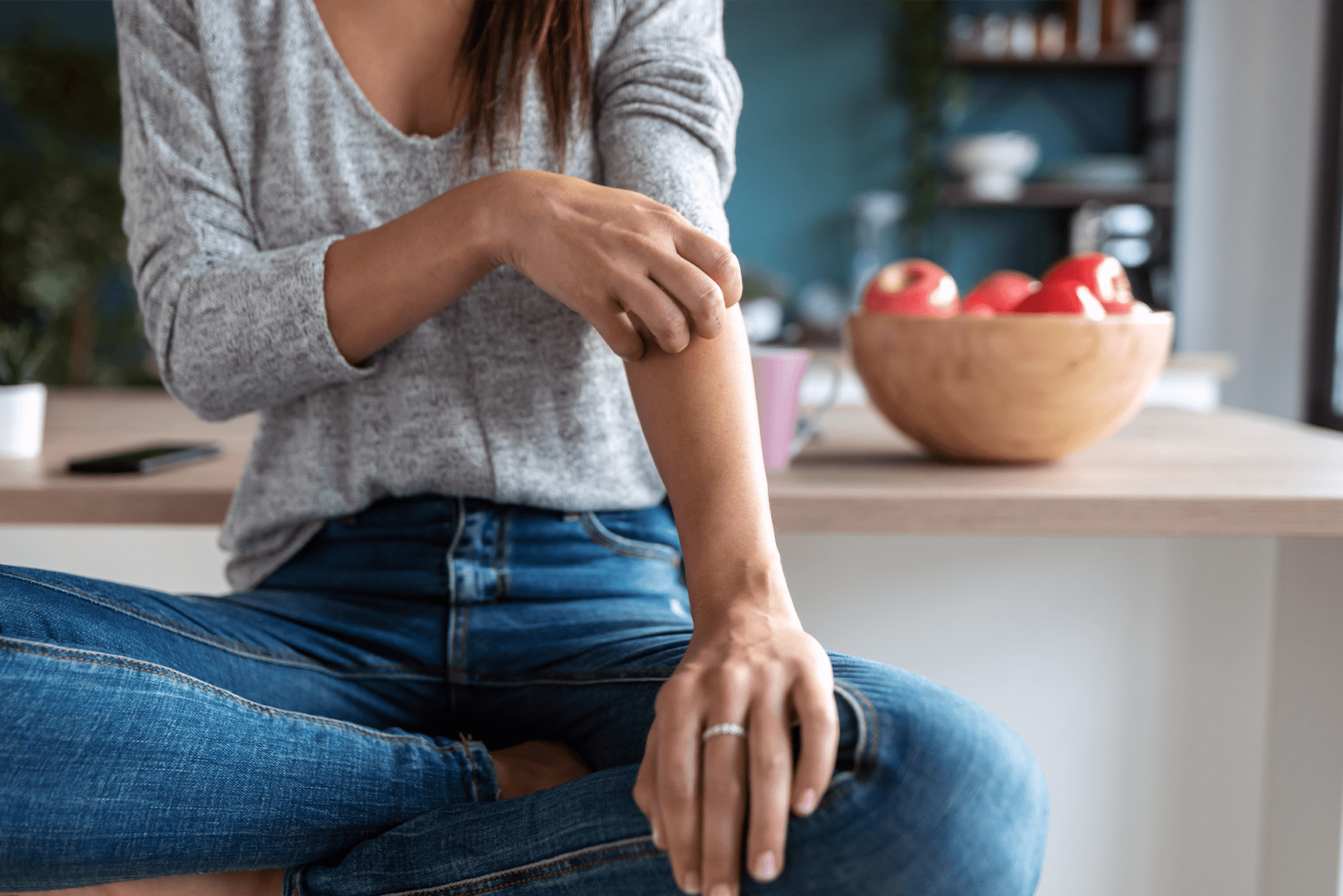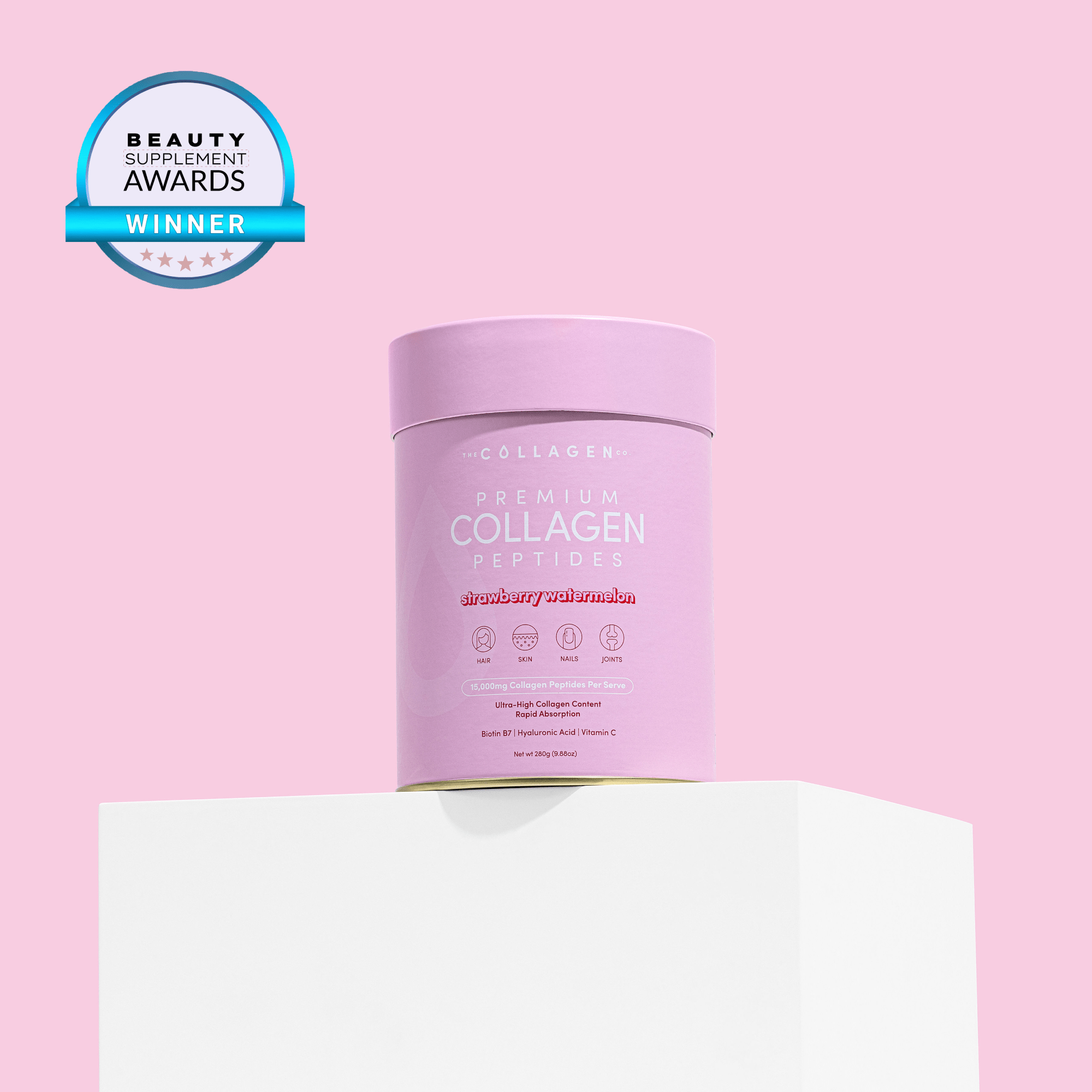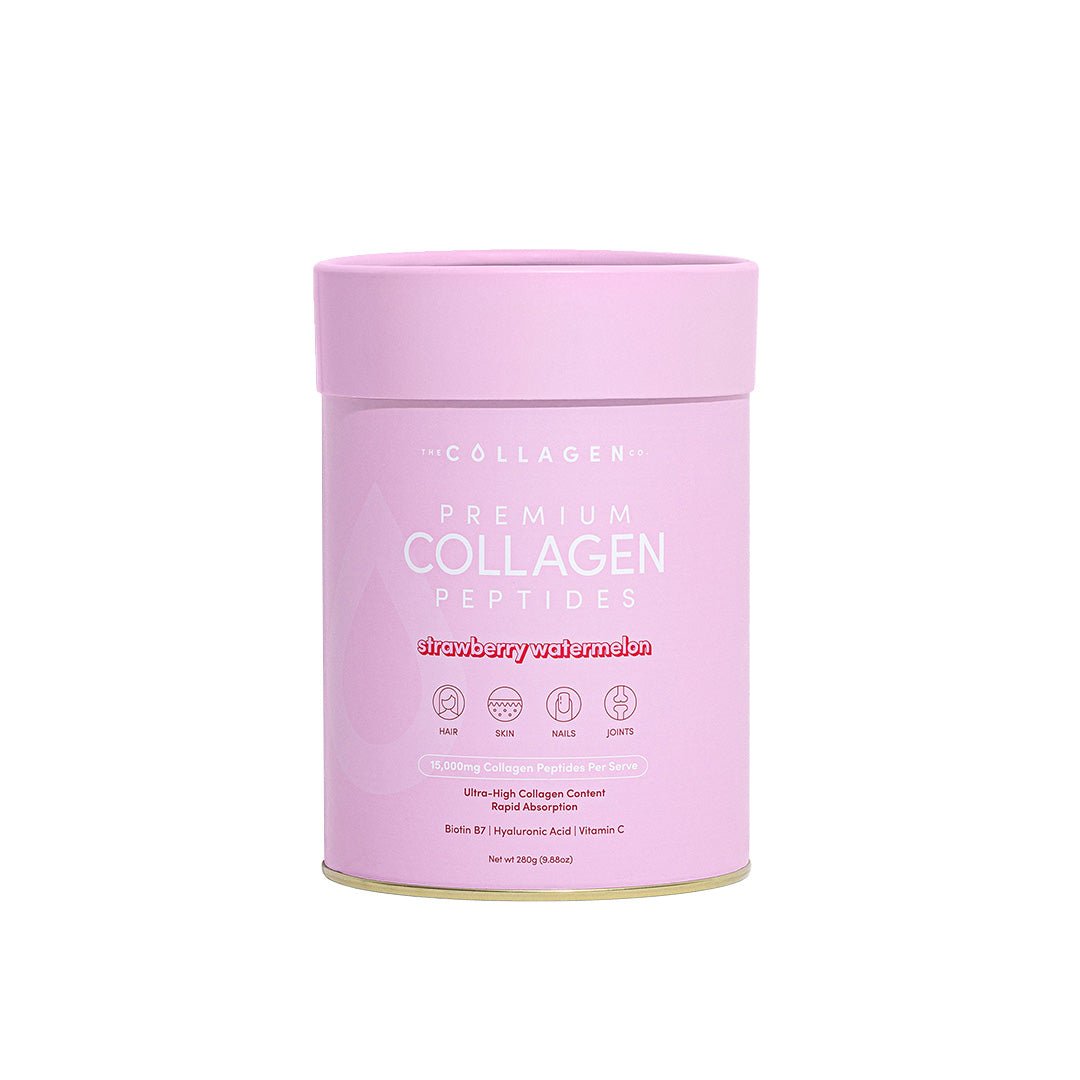Itchy, Itchy: 5 Tips to Care for Eczema and Psoriasis
Posted 9th October 2023

Bugged by eczema or psoriasis?
Then you’re probably used to dealing with red, dry, and intensely itchy skin that keeps you up all night, scratching (often without relief, sadly).
While there’s no known cure for either skin condition, the heartening news is that many people can control mild forms of eczema and psoriasis — preventing flare-ups — with the help of some simple self-care tips.
Here are 5 designed to keep your skin happy.
#1: Manage sweat during and after exercise
With eczema and psoriasis, your skin barrier is likely weakened.
Now, you may be wondering, “Skin barrier? What’s that?" Put simply, it's your skin’s protective layer, or more specifically, the outermost layer of your epidermis known as the stratum corneum.
Picture a brick wall:
- Bricks: Represent skin cells called corneocytes
- Cement that holds the bricks together: A metaphor for a mix of lipids, including ceramides, cholesterol, and fatty acids
When the skin barrier works as it should, it minimises water loss (via trans-epidermal water loss or TEWL) plus prevents harmful chemicals, bacteria, and irritants from getting into the skin.
And when it doesn't, as with eczema and psoriasis?
Your skin becomes more prone to dehydration and reactive to irritants. OK, but what does that have to do with sweat? See:
- Sweating increases TEWL, further stripping moisture from your skin.
- The sodium, minerals, urea, and lactate left on the skin could irritate the skin, especially in individuals with eczema and psoriasis.
All in all, a recipe for flare-ups.
Of course, this isn’t to say that you should keep your sweat glands as dry as a bone. Instead, find ways to minimise prolonged sweat exposure during and after your workout:
- Exercise somewhere that’s air-conditioned and well-ventilated.
- Wear light, breathable fabric like cotton.
- Take a shower right after your workout.
#2: Moisturise with ceramides to repair your skin barrier
Just because your stratum corneum isn't functioning as well as it should doesn't mean you can't try to repair it.
This is where ceramide creams come in; in fact, here’s a tiny selection of the overwhelming positive research findings relating to topical ceramide use in people with eczema and psoriasis:
- 2021 study published in Dermatologic Therapy [eczema]: The researchers randomly assigned 100 individuals with clinically diagnosed moderate eczema to 2 groups: 1) ceramide-dominant cleanser + moisturising cream and 2) placebo cleanser + moisturising cream. Skin hydration significantly improved over time in the active group, while it either stayed the same or worsened in the placebo group. Participants in the ceramide-dominant skincare routine also reported greater satisfaction in several aspects, including itch relief, dry skin, and skin softness.
- 2020 study published in Dermatologic Therapy [psoriasis]: The researchers randomly assigned 179 patients with mild-to-moderate psoriasis to 2 groups: 1) steroidal mometasone furoate (MF, 0.1%) cream and 2) MF, 01% cream + ceramide-containing moisturiser. Both groups used the steroid cream for 4 weeks, but group 2 continued applying the ceramide-containing moisturiser for another 4 weeks. At week 8, participants who’d used the moisturiser reported lower relapse rates than those who’d only used the MF, 0.1% cream.
This doesn't mean all OTC ceramide skincare products would work well with your skin. You'd still want to keep an eye on the other ingredients in the formulation that may cause a reaction in sensitive or irritated skin (more on this in a bit).
#3: Supplement with hydrolyzed collagen peptides
At this point, we’ve established that hydration is key for supporting your skin barrier health — and, in turn, eczema and psoriasis management.
Now, imagine if you could restore moisture levels in your skin from the inside out.
Hydrolyzed collagen peptides make that possible.
By increasing collagen production, these tiny, bioactive collagen peptide chains boost water-loving hyaluronic acid levels in the skin, leaving your complexion uber-dewy and more resistant to eczema and psoriasis flare-ups.
That’s not all hydrolyzed collagen peptides could do for your skin, by the way.
Eczema and psoriasis are chronic, inflammatory skin diseases. And … guess what’s anti-inflammatory? That’s right: hydrolyzed collagen peptides.
While more research is needed to determine whether collagen supplementation could help effectively treat eczema and psoriasis, results from preliminary studies have been excitingly promising.
In the meantime, though, we have anecdotal evidence that just 7 days of supplementing with our Premium Collagen Peptides have helped Heidi see improvements in the eczema spots (which she’s had since childhood!) on her hands.

Interested to see whether hydrolyzed collagen peptides would work for you?
Here’s something you need to know: food doesn’t contain hydrolyzed collagen peptides that are small enough to bypass your digestion and enter your bloodstream as intact, bioactive peptide chains.
So, you'll have to turn to collagen supplements. But, on the bright side, we make it easy (and delicious!) for you to strengthen your skin barrier with our collagen products.
From bovine to marine, from goes-with-anything unflavoured to seconds-worthy hot chocolate, you’ll definitely find 1 that calls out to your tastebuds.
#4: Resist the urge to scratch
Resist laying those fingernails on your skin the next time you’re itchy.
Scratching doesn't only fail to provide relief; it further damages your skin — increasing inflammation that leaves you stuck in an endless scratch-itch cycle.
Try the following instead:
- Numbing and anti-itch creams (e.g., menthol-infused lotions)
- Cool or warm compresses
- Take cool, short showers
- Consider using an OTC antihistamine, such as diphenhydramine (Benadryl)
- Anti-scratch gloves (to prevent nighttime scratching)
#5: Identify and avoid triggers
Eczema and psoriasis triggers can vary from person to person, but there are a few common “culprits” you may wish to pay extra attention to:
- Food allergens, such as dairy, gluten, shellfish, and pork (please consult a healthcare professional before attempting an elimination diet)
- Excess exposure to the sun
- Smoking and alcohol use
- Environmental allergens, including dust mites, pet dander, pollen, and cigarette smoke
- Irritating skincare ingredients, such as fragrances, essential oils, and retinoids; whenever possible, choose products with as few ingredients as possible
Also, consider keeping a detailed record of your flare-ups (e.g., the date and what you ate/used/did prior) to identify patterns or specific offending triggers.
Seek medical help if your symptoms don’t improve or worsen
If you’re still experiencing the following after staying consistent with self-care tips (e.g., moisturising and avoiding suspected irritants):
- Itchiness, discomfort, and/or pain that disrupts your life (e.g., you can’t sleep or go to work)
- Skin that won’t stop bleeding
- Signs of a skin infection, like redness, swelling, skin that’s hot to the touch, and a fever
… then please seek prompt medical help.









































